Do Mice Cause House Fires [You'll Be Surprised]

Get Cash Offer
We will get back to you as soon as possible.
Please try again later.
You may not realize it, but mice can cause fires in your home, and dealing with a mouse infestation can be quite challenging for homeowners. Mice are not only known to chew through wires and cables, but they also love to nest in areas that are warm and dry. It means you could have a potential fire hazard on your hands if you don't get rid of the mice quickly, as well as the risk of disease transmission. Keep an eye out for rats and squirrels too, as they too might create nests in your home.
A common misconception is that mice do not cause fires, and the truth is that they do. Mice love to nest in electrical boxes and other areas where electrical wires run together or under the floorboards, and they can also nest inside dryer vents and underneath cabinets. When these areas become too crowded, it creates an environment where fire can easily break out due to overheating or shorting out of cables and wires. To ensure everything is safe and to keep those pesky rodents at bay, regular inspection of these areas and using lights to scare them off is crucial.
To prevent this type of situation, you should immediately contact an exterminator if you notice any signs of rodents in your home. Suppose you don't want to use chemicals or poisons that could harm your family or pets, call a rodent control service instead! These services often provide non-toxic solutions to deal with rodent infestations.
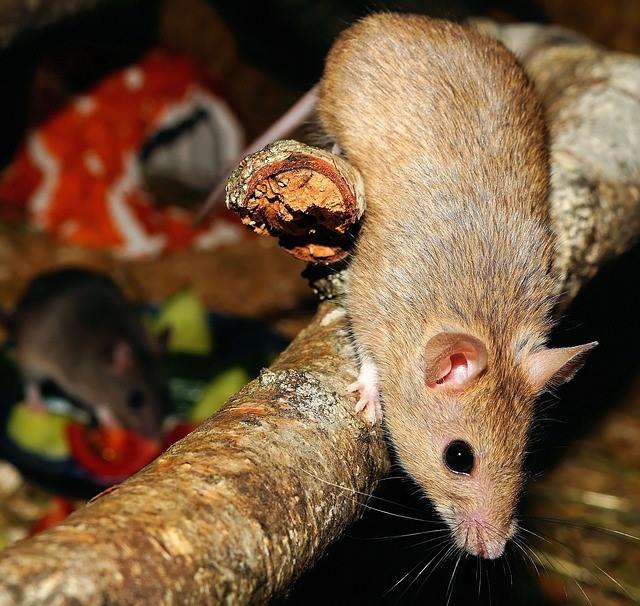
What Percentage Of House Fires Are Caused By Mice
Mice, rats, and other rodents are a significant cause of house fires in the U.S. Each year, more than 2.1 million rodent-related fires occur, causing $1 billion in property damage and more than $180 million in direct fire service costs, according to a study published in the Journal of Wildlife Management.
Electrical wiring issues cause most of these fires: rodents chewing through exposed wires or gnawing on them to get food. The U.S. Fire Administration estimates that 20 percent of all residential structure fires reported to fire departments are caused by rodents or feline pets, around 5,500 fires per year.
National Fire Protection Agency found that 20 percent of all home structure fires in which the ignition source was determined were caused by rodents or feline pets. An estimated 3,300 incidents annually — including 1,100 electrical arcing or short circuits and 1,200 cooking-related incidents with open flames such as candles or stoves.
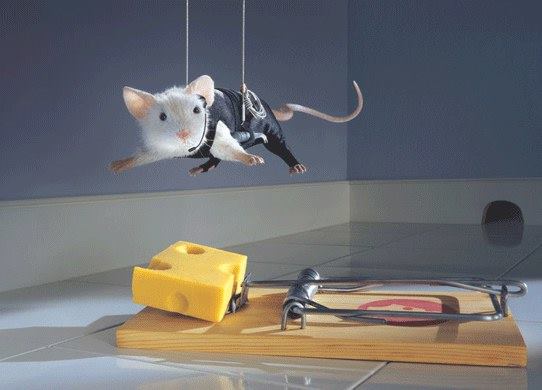
How Do Mice Actually Cause A Fire?
There are several ways that mice and rats can cause a fire.
First, a rodent chews electrical wires and causes short circuits, which can result in a spark or fire.
Second, they may carry matches or lighters when they enter your home. If the match or lighter is accidentally dropped, it could start a house fire.
Finally, mice can set fires on purpose by chewing through paper products such as curtains or books ignited by sparks from the fireplace or cigarette butts left carelessly on the floor.
Mice are also capable of causing other serious problems besides fires. They can contaminate food supplies with their feces and urine and infect humans with diseases like salmonella and E-Coli infections if humans consume them. They also leave behind droppings which can cause allergies for some people living in a home with rats and mice.
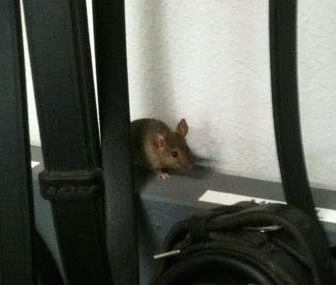
Can Mice In Walls Cause Fires?
Mice on walls are extremely dangerous because they can quickly start fires in your home. They love to chew on things like wires and plastic insulation. So if you have a rat infestation in your home, there is a chance that they have chewed through some of the wires on the inside of the walls. It not only poses a significant risk of fire, but it could also cause damage to your electrical system, which could make it hard for you to turn off the power when needed. Another rodent.
Selling A Home After Mice Causes A Fire
Click here to read our comprehensive step-by-step guide on selling your house after a fire. Whether you're looking to find buyers for fire damaged properties or need assistance in navigating the selling process, our guide has got you covered.
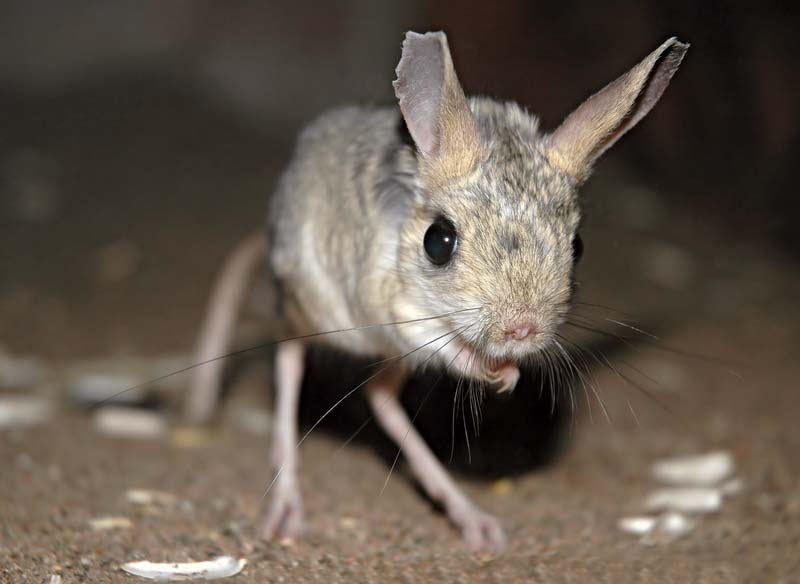
Mice Prevention Tips
Did you know that house mice are one of the world's most successful mammals and the Norwegian rat is the third on the earth? They can easily take advantage of the resources humans provide, such as food, water, shelter, invading homes, businesses, and even electricians' workshops sometimes.
Here are prevention tips for preventing rodent infestations:
Sealing All Cracks And Holes
Prevent mice from entering your home by sealing all cracks, gaps, and holes larger than approximately one-half inch wide with steel wool or copper mesh wire. Exterior wood piles, dense shrubbery, and even nesting spots for birds can shelter rats, posing a potential danger to your building or apartment, so these should be removed from around your home. Repairs and maintenance of entry points are crucial in preventing these pests from causing unwanted damage, and it's a good idea to prove any holes to avoid further infestations.
Cleanup Pet Food
Clean up pet food after every meal, so it doesn't attract rodents into your home. It is also recommended that you store pet food in containers with tight-fitting lids because they will keep rodents away from it. You should also immediately clean up any spilled seed or grain on the floor so that it doesn't attract rodents.
Thrown Garbage Bags Outside
Don't leave garbage bags and trash cans to sit to overnight or even during the day if possible, because they can easily chew through them to get at the food inside of them, which might include chicken bones or other things that could cause them serious injury or death if consumed by them, which we don't want happening at all!
Prevent Mice in walls
The best way to prevent unwanted guests on walls from causing house fires and other dangers is to keep them out of your home. If you have any rodent infestation, you must get it taken care of immediately before the mouse problem worsens. You can use traps and work with professional exterminators to address the issue.
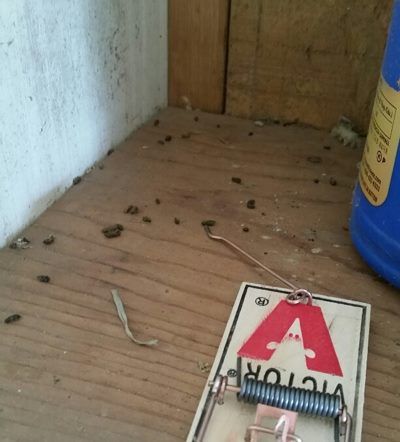
What Damage Can Mice Do To Your Home?
Mice can chew through any material: plastic, wood, rubber, and even metal. It's not just about chewing the material; mice also gnaw on wiring and cables. It causes short circuits that can lead to fires or circuit overloads. One of the most common causes of house electrical fires is an overloaded power strip because mice chewed through it and caused an electrical fire.
House mice can also cause severe damage by nesting in your walls or attic spaces, where they create burrows that weaken the structure of your home. If a nest falls into your living space, it could injure anyone in its path and cause a lot of damage to items like furniture and carpets.
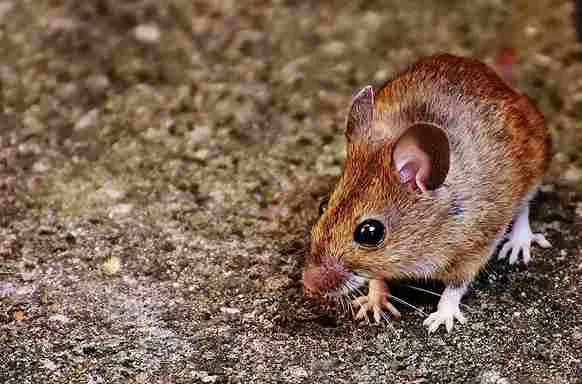
WE CAN HELP WITH ANY SITUATION AND WE'RE READY TO GIVE YOU A FAIR CASH OFFER!
Enter Your Information Below it is Quick, Easy & Free!
Get Cash Offer
We will get back to you as soon as possible.
Please try again later.
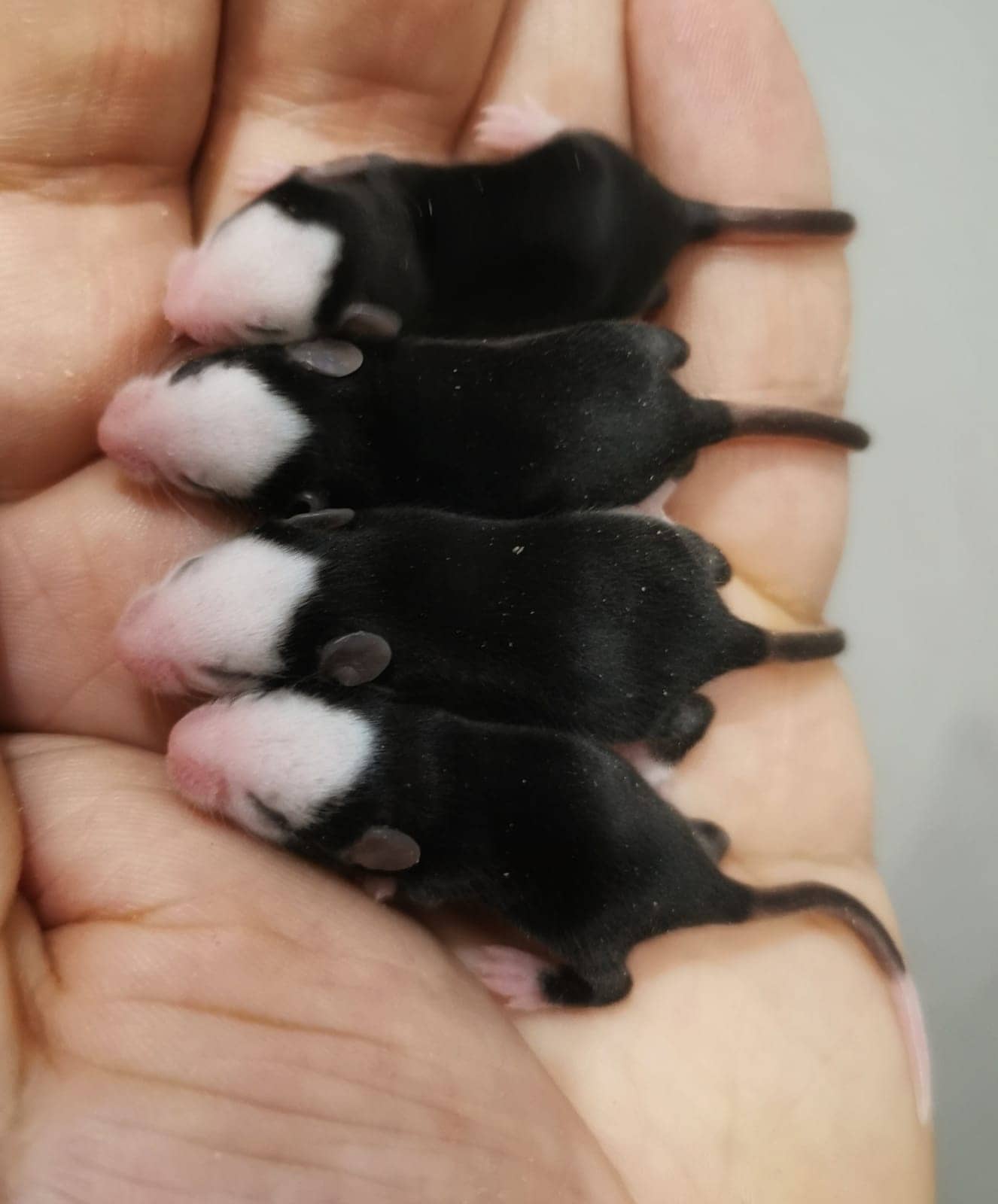
Can Mice Cause Fires?
Yes, mice can cause a house fire. Mice are often considered a nuisance, but they can cause much more damage than you might realize. If you notice mice in your home, you must take action immediately.
Mice can cause fires in many ways. Here are some examples:
Chewing
Mice chew through electrical wires, causing short circuits and fires. They also chew on electrical insulation, which can lead to overheating and fire.
Droppings
Mice leave behind droppings that can get into electrical outlets, causing sparks that could lead to a fire.
Smoke inhalation
Mice trapped inside walls often try to escape by chewing their way through the drywall or wood paneling around them. When they do this, they create large clouds of dust and debris that can fill up an entire room with smoke and kill anyone inside it.
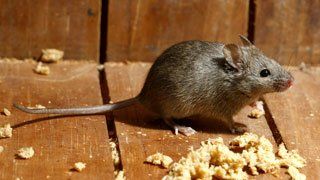
Other Unique Reasons House Fires Happen
Can Plug-In Air Fresheners Actually Cause a House Fire
Can Fans Actually Cause a House Fire
Can a Dryer Actually Cause a House Fire

Get Cash Offer
We will get back to you as soon as possible.
Please try again later.

Happy Customers



Other Things That Cause Fires
All Rights Reserved | Fire Cash Buyers
